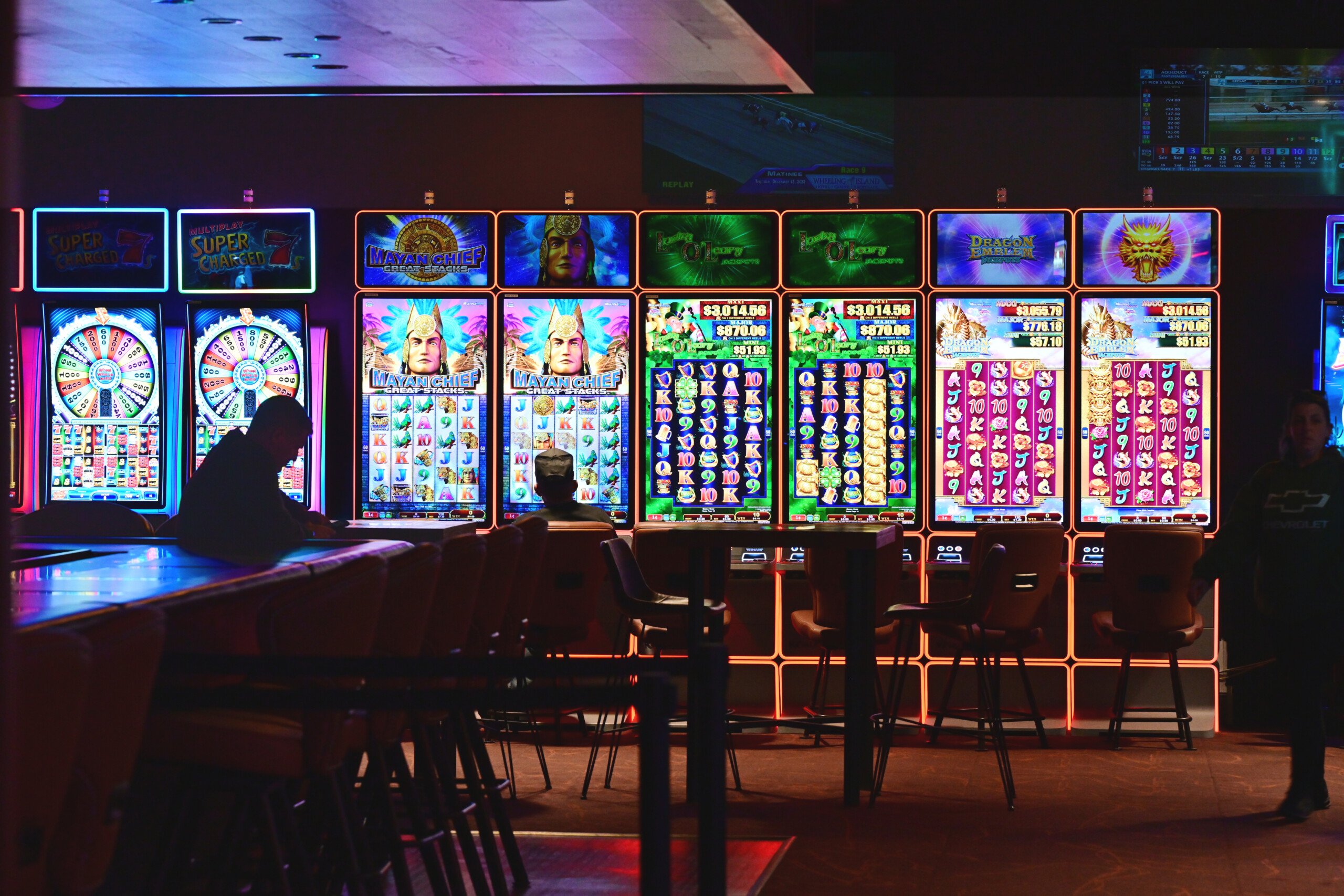How Diverse Cultures View Slot Gambling

Slot machines has woven itself into the tapestry of entertainment across different cultures, often mirroring diverse societal values, beliefs, and attitudes towards fortune and opportunity. The bright lights and energizing sounds of slot machines have a broad appeal, drawing people in with the allure of adventure and the potential for gain. However, the view and acceptance of this form of gambling can differ widely depending on the cultural backdrop.
In certain societies, slot gambling is celebrated as a exciting pastime, often regarded as an entertaining activity in community events or festive events. In certain areas, it may be seen with skepticism or even condemnation, where issues of dependency and ethical dilemmas predominate the discussion. Understanding these varied viewpoints enhances our understanding for how slot gambling is not just about the games in isolation, but also about the intricate tapestry of cultural influences that shape our interactions with fortune and risk.
Societal Perspectives on Gaming
Different societies from the world have varying views on slot gambling, which influences how it is practiced and perceived. In certain societies, like in many parts of the United States, gambling is generally embraced and incorporated into entertainment. Gaming establishments and slot machines are frequently seen as a form of recreation that can offer thrills and potential monetary rewards. This acceptance has led to the expansion of land-based casinos and the increasing popularity of online slot gaming, where individuals seek the excitement of risk.
Conversely, in some societies, gambling is regarded with skepticism or outright disapproval. In countries where faith play a significant role, like in regions within the Middle East, slot gambling may be prohibited or subject to strict limitations. Here, gambling is frequently linked to social issues such as addiction or financial ruin, leading to a bad reputation. The legal framework typically reflect these cultural attitudes, with stringent laws against gambling practices, including slot machines.
In different areas, such as various East Asian cultures, slot gambling occupies a nuanced space. While traditionally viewed as a vice, there is a increasing acceptance due to the influence of tourism and economic factors. In places like Macau, slot machines have become a major attraction, symbolizing a combination of cultural acceptance and economic necessity. This change demonstrates how cultural perspectives can evolve over time, shaped by external factors such as globalization and changing societal norms.
Regulations and Lawful Structures
The regulation of slot gambling varies significantly across various societies and regions, reflecting each culture’s perceptions about gaming. In many Western countries, such as the United States and the United Kingdom, slot machines are strongly regulated. These regulations typically include strict licensing requirements for providers, age limits for players, and measures to ensure fair play and responsible gambling. Additionally, revenue generated from gambling is generally taxed, adding to public services and development.
In comparison, some nations maintain a more restrictive approach to gambling, reflecting cultural or religious views that discourage such activities. For example, in many Islamic nations, gambling is prohibited, leading to an underground economy for slot machines and other forms of gaming. In these regions, law enforcement often targets illegal gambling operations, while initiatives to regulate and reform gambling laws face significant societal resistance.
Emerging markets, especially in parts of Asia and Latin America, are experiencing a shift towards further liberalized gambling structures. link slot gacor Countries like Japan and Brazil have begun to explore regulated slot gambling to stimulate tourism and economic growth. These cultural shifts are often accompanied by discussions on how to reconcile the potential advantages of gambling revenue with the risks of addiction and social impact, leading to evolving legal frameworks that reflect the changing views toward slot gambling.
Social Impact and Local Perspectives
The view of slot gambling varies widely across various cultures, often influenced by societal values and economic circumstances. In some groups, slot machines are seen as a form of leisure and social engagement, where people come together to enjoy the excitement of the game as a group. For these groups, slot gambling is integrated into social events, festivities, and outings, creating an atmosphere of friendship among participants. It serves as a means for connection, and the excitement of winning can strengthen communal ties.
Conversely, in other cultures, slot gambling is seen with doubt or outright condemnation. The potential for addiction and monetary pressure associated with gambling can lead to negative social consequences. Families may struggle when a relative becomes too involved in slot gambling, leading to financial hardship and tense relationships. Communities that prioritize traditional norms may discourage participation in gambling activities, branding them as morally problematic and detrimental to societal welfare.
Additionally, the economic impact of slot gambling can vary greatly depending on the cultural context. In areas where it is welcomed, slot gambling can contribute notably to local economies through job creation and tourism. However, in regions that resist the prevalence of gambling, there may be efforts advocating for tighter controls or outright prohibitions, highlighting the need for the well-being of the community over potential economic benefits. These divergent views highlight the intricate relationship between culture, morality, and the societal effects of slot gambling.
